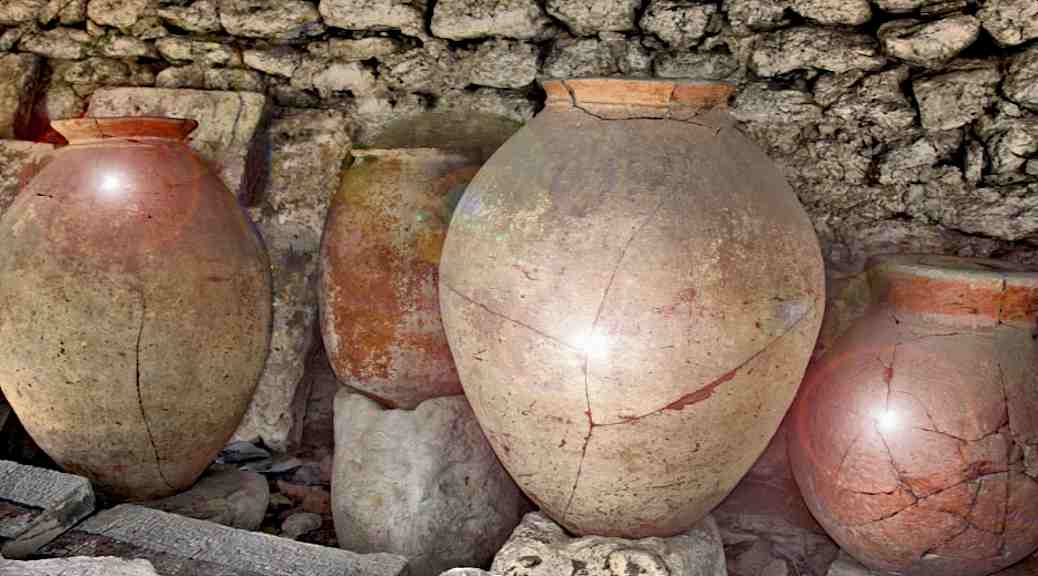Leading as servants as Jesus did…
Another great leader was Moses who God called to lead the people out of slavery through the wilderness to the Promised Land. For 40 years Moses served the interests of the people! He was willing to go up Mount Carmel to hear from God and to bring back God’s Word to the people! As with most great leaders, Moses was a meek man, according to Numbers 12:3. Another reason God may have chosen Moses is that he was willing to delegate responsibilities to other faithful leaders, another sign of humility (Exodus 18:25-26). While Moses was by no means a perfect person, he possessed qualities that uniquely qualified him for leadership, one being humility. The Book of Numbers refers to Moses as “more humble than anyone else on the face of the earth” (12:3). Moses repeatedly insists to God that he is not suited to lead (Exodus 3:11). Perhaps ironically, however, Moses’ failure to recognize his greatness is precisely what makes him great; his inability to see his leadership potential is exactly what qualifies him to lead. Great leaders ask a lot of questions, and inquisitive people are by definition humble. Arrogant people generally fail to recognize what they do not yet know and are thus incapable of intellectual, moral, and spiritual growth.
What is so important about true leadership is that great leaders respect and admire their followers, or at least them that God has entrusted to them. They humbly recognize their followers’ strengths, learn from their expertise, nurture their partnership, and unleash their latent potential. Moses and David were certainly capable of this, and also people like Paul. Jesus, as our ultimate leader, unleashed the potential of all 12 disciples! Arrogant people make poor leaders because they look down on others and have little patience for those they view as inferior. For these reasons, haughtiness is consistently called out in the Bible. Good leaders take their followers down paths that will improve their lives. Great leaders recognize that this responsibility is most relevant to those who suffer the most – the poor, the weak, and the systemically disadvantaged. Moreover, great leaders recognize that improving the lives of the worst-off often requires tremendous courage.
In the biblical narrative, Moses repeatedly and bravely defends the weak when they are oppressed by the powerful, and uplifts the disadvantaged. We see this heart of a humble leader in “Exodus 32: 7 And the Lord said to Moses, “Go, get down! For your people whom you brought out of the land of Egypt have corrupted themselves. 8 They have turned aside quickly out of the way which I commanded them. They have made themselves a molded calf, and worshiped it and sacrificed to it, and said, ‘This is your god, O Israel, that brought you out of the land of Egypt!’ ” 9 And the Lord said to Moses, “I have seen this people, and indeed it is a stiff-necked people! 10 Now therefore, let Me alone, that My wrath may burn hot against them and I may consume them. And I will make of you a great nation.” 11 Then Moses pleaded with the Lord his God, and said: “Lord, why does Your wrath burn hot against Your people whom You have brought out of the land of Egypt with great power and with a mighty hand? 12 Why should the Egyptians speak, and say, ‘He brought them out to harm them, to kill them in the mountains, and to consume them from the face of the earth’? Turn from Your fierce wrath, and relent from this harm to Your people. 13 Remember Abraham, Isaac, and Israel, Your servants, to whom You swore by Your own self, and said to them, ‘I will multiply your descendants as the stars of heaven; and all this land that I have spoken of I give to your descendants, and they shall inherit it forever.’ ” 14 So the Lord relented from the harm which He said He would do to His people.”
Moses was willing to step in the gap for the people even when they were rebellious! Now that is a true leader! These are the same people who at the beginning were skeptical to believe that God had sent Moses to lead them to freedom. These are the same people who were angry at him when they came to the Red Sea. Yet Moses was a man of love, forgiveness, and character. He was willing to stand in the gap for them and plead with God to spare them. For Moses, it was not about himself, but about the people at their well-being. He wanted to see them fed, and happy, and joyous, and so always reminded them never to forget God or His Ways.
His heart for the people, despite their grumblings, was also evident in “Numbers 21: 4 Then they journeyed from Mount Hor by the Way of the Red Sea, to go around the land of Edom; and the soul of the people became very discouraged on the way. 5 And the people spoke against God and against Moses: “Why have you brought us up out of Egypt to die in the wilderness? For there is no food and no water, and our soul loathes this worthless bread.” 6 So the Lord sent fiery serpents among the people, and they bit the people; and many of the people of Israel died. 7 Therefore the people came to Moses, and said, “We have sinned, for we have spoken against the Lord and against you; pray to the Lord that He take away the serpents from us.” So Moses prayed for the people. 8 Then the Lord said to Moses, “Make a fiery serpent, and set it on a pole; and it shall be that everyone who is bitten, when he looks at it, shall live.” 9 So Moses made a bronze serpent, and put it on a pole; and so it was, if a serpent had bitten anyone, when he looked at the bronze serpent, he lived.”
We also read in Exodus 33 about what defines good leadership: “12 Then Moses said to the Lord, “See, You say to me, ‘Bring up this people.’ But You have not let me know whom You will send with me. Yet You have said, ‘I know you by name, and you have also found grace in My sight.’ 13 Now therefore, I pray, if I have found grace in Your sight, show me now Your way, that I may know You and that I may find grace in Your sight. And consider that this nation is Your people.” 14 And He said, “My Presence will go with you, and I will give you rest.”
So per Exodus 33, the only way we can truly lead is in Gods’ strength and wisdom. Moses humbly beseeched God to ‘show him the way’. We must seek the way of God daily. We must seek His will. Solomon prayed for wisdom, and just so without God, we cannot lead in wisdom, in integrity, or with a heart that seeks to help others. We need to learn from Jesus, and other servants like David, Moses, and Paul so that we may also be good and faithful leaders led by the spirit of God in all truth and with a heart for the Kingdom.
Riaan Engelbrecht






